I on the other hand will be sciencing it up! And involving the other passengers wherever possible. Which should be great fun. Everything I've done in the past has involved multimillion dollar boats and thousands of dollars worth of equipment, not to mention a strong support network of experienced scientists ready and willing to help. On this trip it's almost entirely the opposite, small ship, lone scientist and whatever equipment I can rustle up and fit into my luggage. Which has involved a lot of random inventiveness, and quite a few trips to the local hardware store, and supermarket, and fishing shop, and car repair shop, and electronics shop, and supermarket again, and hardware store again. There's some sales people out there petrified of young scientists wandering around town now.
We can collect water from different depths to about 20m and filter it for microplastics, and we've got two different ways of collecting water.
I've also now got the ability, thanks to the awesome kit below, to investigate the stomachs of any fish who may come onboard, and see if any of them have been munching on that tastiest of food, plastics.
(in the mean time I'm going to head off and try to get all of this to fit!)
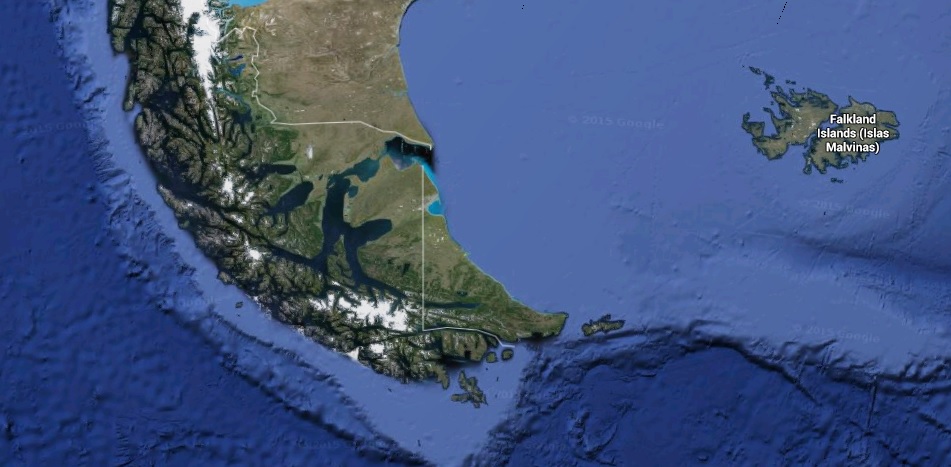
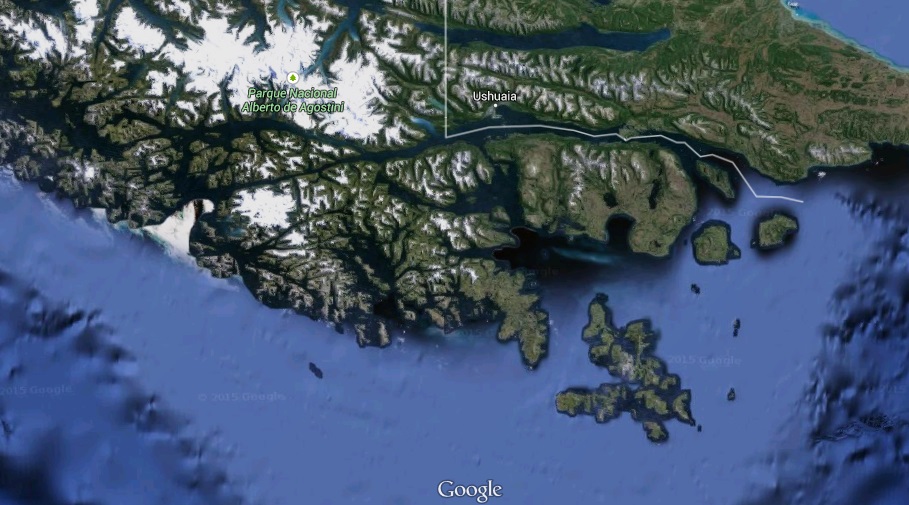
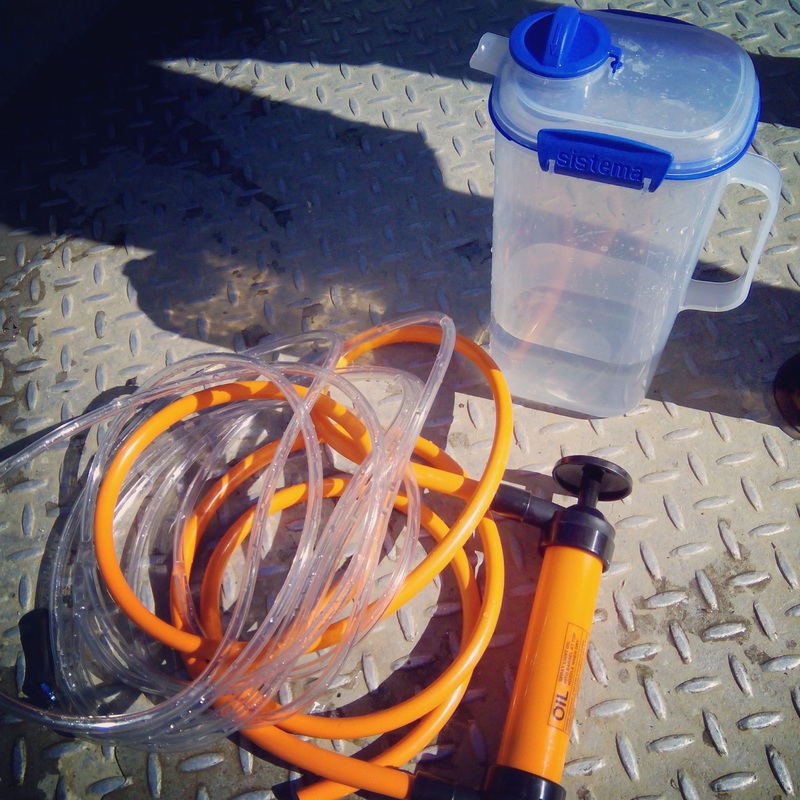
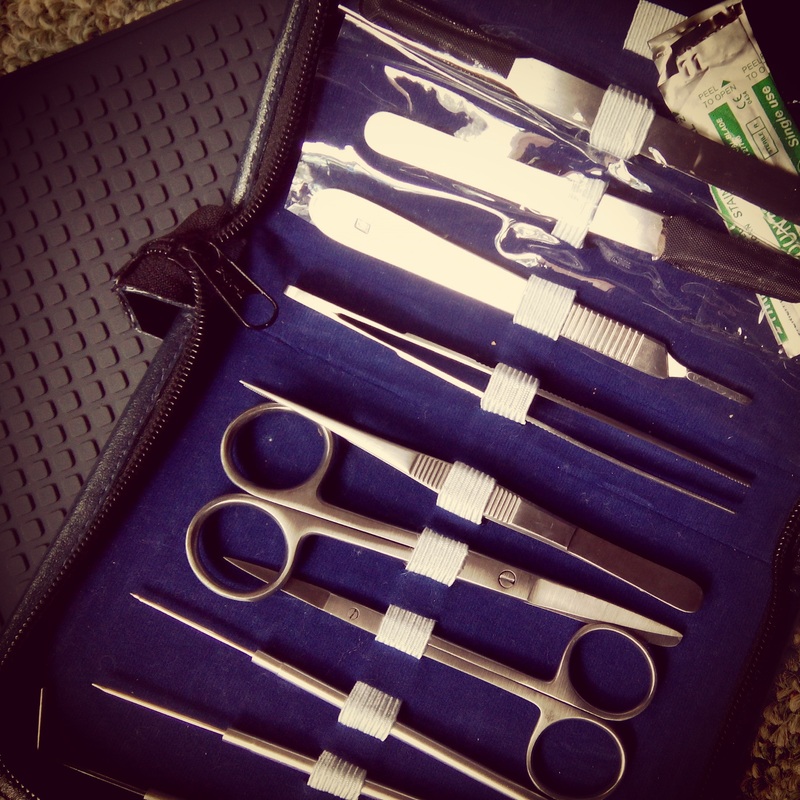
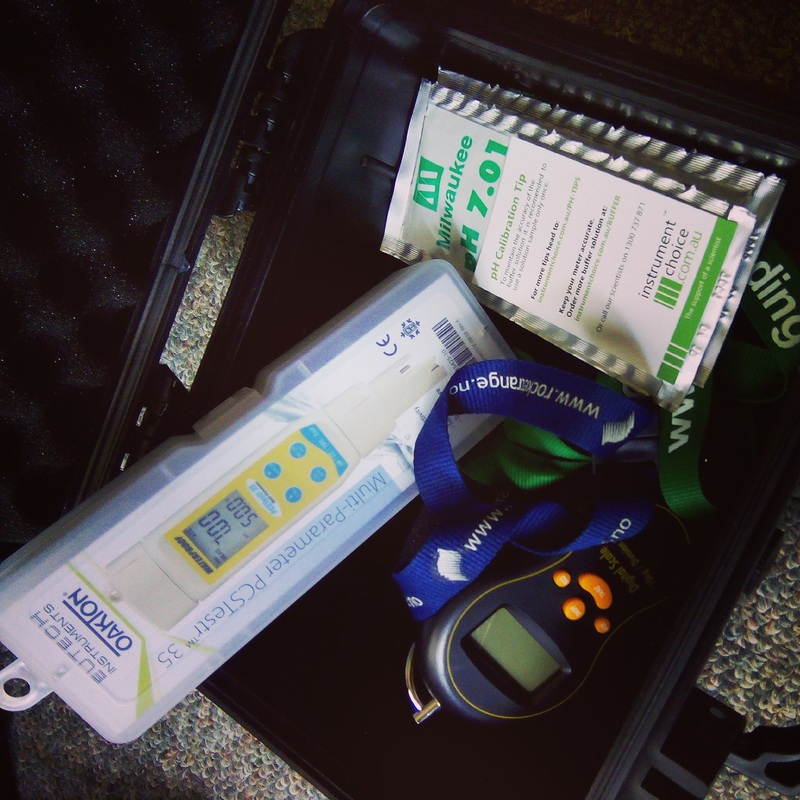
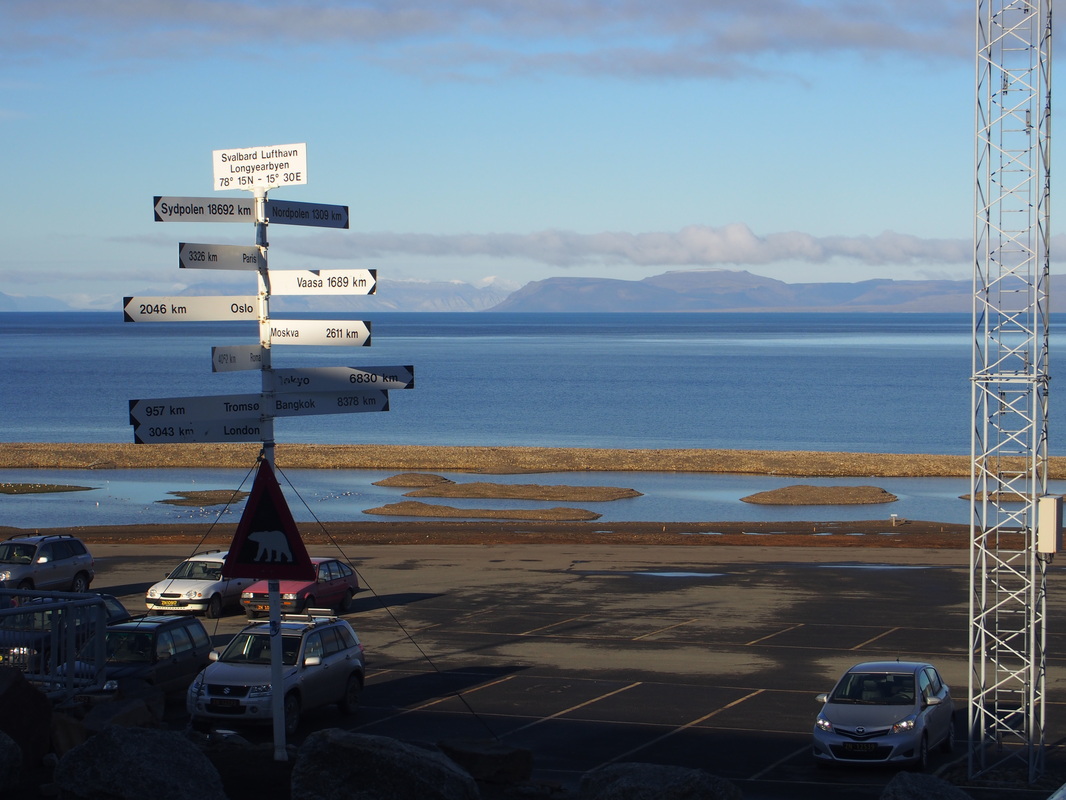
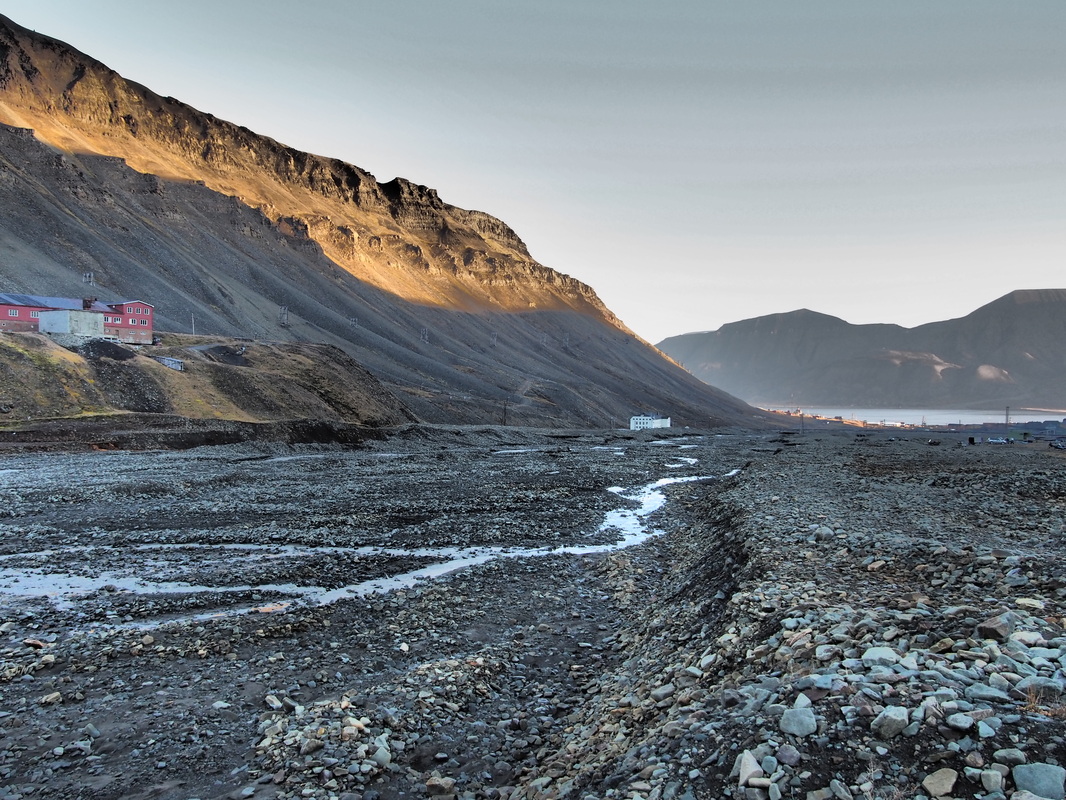
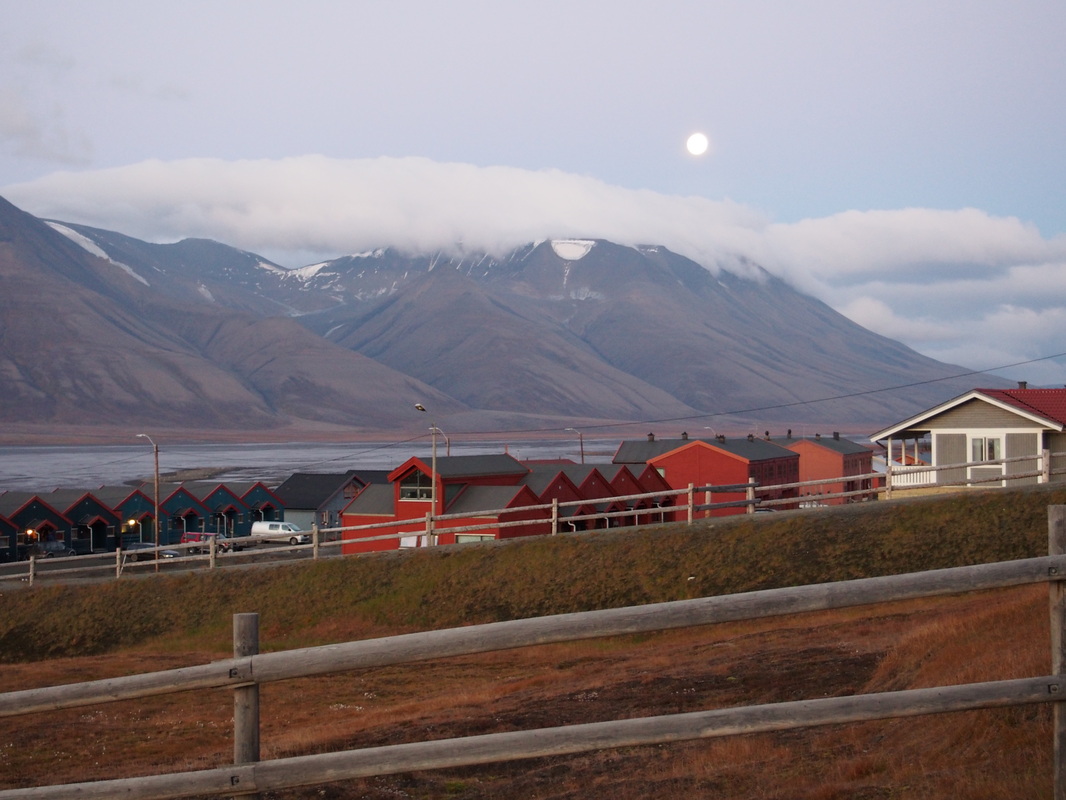
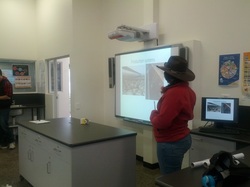
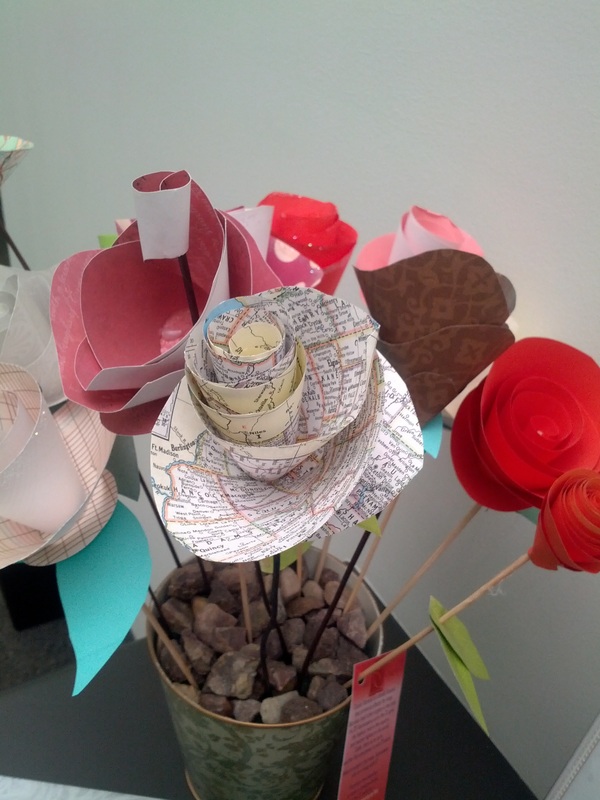
 RSS Feed
RSS Feed
